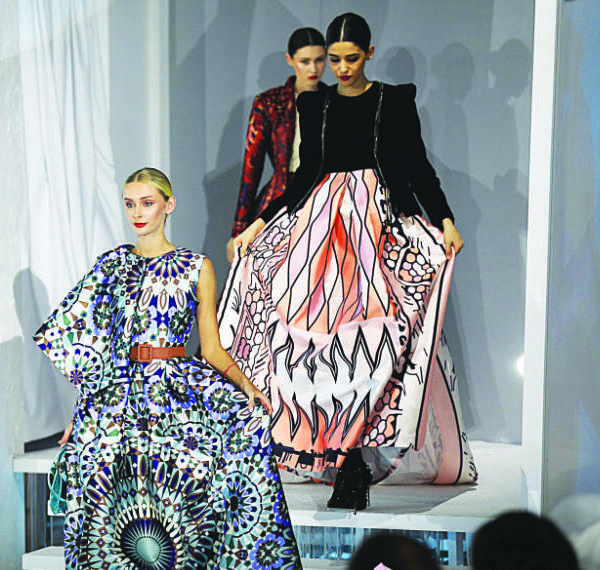DUBAI: Over the past six months, the Saudi Pavilion at Expo 2020 Dubai featured a packed schedule of workshops, meetings, concerts and exhibitions designed to share the very best of the Kingdom’s innovations, culture, heritage and investment opportunities.
Since it opened in October last year, millions of visitors from around the world flocked to the Saudi Pavilion — the second biggest at the Arab region’s first world expo — to learn more about the Kingdom as it embarks on a new era of greater openness.
The Kingdom’s ambitions for the coming decades, enshrined in its Vision 2030 economic and social reform agenda, featured prominently in the pavilion’s calendar of events.
At a series of business forums, the Saudi Pavilion invited entrepreneurs and leaders in global commerce to network and learn more about opportunities for cooperation in investment, sustainability, health care, digitization, innovation and smart cities.
As part of its economic diversification strategy, the Kingdom became a magnet for investment in new technologies, the creative industries, clean and renewable sources of energy, tourism, leisure and entertainment.
One area where the Kingdom has seen rapid growth is sports entertainment — a sector it has been eager to show off at pavilion events, offering visitors the opportunity to watch live motor racing, participate in youth sports tournaments, and the chance to experience virtual reality with top-of-the-range VR headsets.
The Kingdom has also been keen to promote its blossoming creative industries, in everything from filmmaking and theater to fine art and fashion. One series of events, dubbed “16 Windows,” gave visitors a taste of a different aspect of Saudi cultural innovation each week, enticing guests to return again and again.
In the spirit of greater openness, the Kingdom’s pavilion also hosted “Saudi Salon,” a program of monthly talks that invited experts and visitors to tackle the big issues of the day, from the role of the creative industries in transforming societies to the conservation of water.
In fact, the theme of environmental sustainability featured prominently in the Saudi Pavilion’s program of events. One family-friendly workshop that took place every weekday allowed children to learn about recycling by transforming scrap materials into spectacular works of art.
The Saudi pavilion’s events calendar was not all focused on the future, however. Throughout the expo, organizers laid on a program of workshops, concerts and activities that celebrated Saudi heritage, traditional crafts, storytelling and music.
Daily performances in the pavilion’s open square introduced visitors to Saudi Arabia’s rich folklore traditions, including the Saudi Ardah, Al-Liwa, Al-Azawi and Al-Khubaiti, while in the pavilion’s Palm Garden, guests were invited to hear authentic live music performances from captivating Saudi musicians.
In a program of workshops, children were invited to learn about Saudi Arabia’s regional handicraft traditions by making floral head wreaths and trying their hand at Al-Sadu weaving.
Some of the pavilion’s best events were reserved for Jan. 7, when the Kingdom marked its national day. They included mesmerizing performances by Saudi singers Mohammed Abdu and Ayed Youssef at the Jubilee Theater in a music extravaganza dubbed the Saudi Experience Festival.
“Saudi Day” also featured a cultural show in Al-Wasl Square, a parade around the expo site by performance groups wearing traditional and modern Saudi clothes, a Saudi fashion program, and a breathtaking airshow by the Green Falcons.
As Expo 2020 Dubai draws to a close, the success of the Saudi Pavilion’s events calendar will no doubt leave a lasting impression in the minds of its visitors and will live on in the cross-cultural bridges forged between the Kingdom and the world.


















